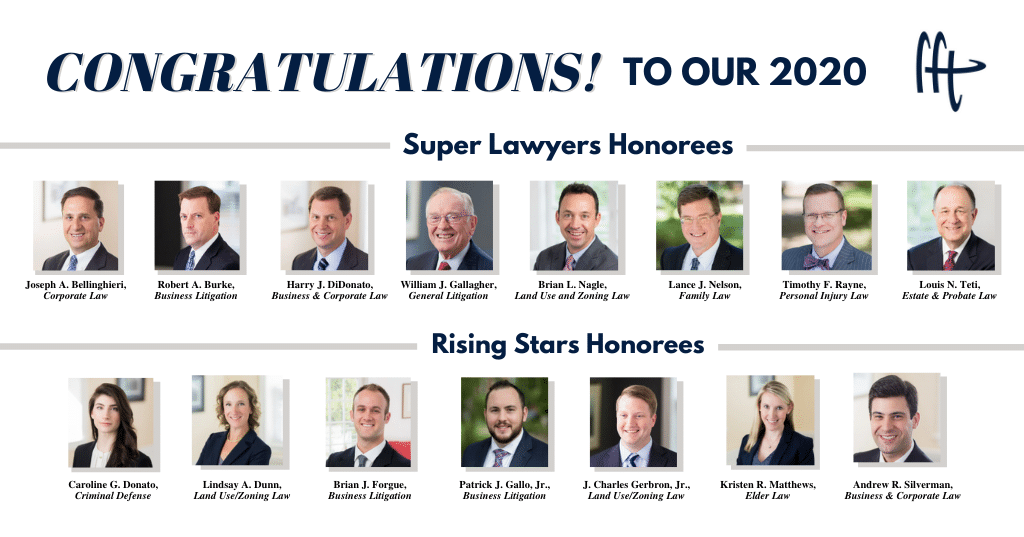On September 1, 2020, the CDC issued an Order that becomes effective September 4, 2020 prohibiting the eviction of any covered person from any jurisdiction to which this Order applies which is basically the United States.
However, a covered person means any tenant or resident of a residential property who provides to their landlord, the owner of the residential property or other person with a legal right to pursue eviction or a possessory action, a declaration under penalty of perjury indicating that:
1. The individual has used best efforts to obtain all available government assistance for rent or housing;
2. The individual either expects to earn no more than $99,000.00 in annual income for 2020 or no more than $198,000.00 if filing a joint tax return, was not required to report any income in 2019 to the IRS or received an economic impact (stimulus check) pursuant to Section 2201 of the CARES Act;
3. The individual is unable to pay the full rent or make a full housing payment due to substantial loss of household income, loss of compensable hours of work or wages, a layoff, or extraordinary out of pocket medical expenses;
4. The individual is using best efforts to make timely partial payments that are as close to the full payment as the individual’s circumstances may permit, taking into account other non-discretionary expenses; and
5. Eviction would likely render the individual homeless or force the individual to move into and live in close quarters. This Order does not include foreclosure on a home mortgage. These persons are still required to pay rent and follow all other terms of their lease and rules of the place where they live. The temporary halt on evictions runs through December 31, 2020.
Criminal Penalties
A person violating this Order may be subject to a fine of no more than $100,000.00 if the violation does not result in death or one year in jail or both or a fine of no more than $250,000.00 if the violation results in a death or one year in jail or both. An organization violating this Order may be subject to a fine of no more than $200,000.00 per event if the violation does not result in death or $500,000.00 per event if the violation results in death or as otherwise provided by law.
The CDC Order provides an Affidavit for the tenant to sign stating that under penalty of perjury they have satisfied the requirements of the Order.
It is my understanding that until the tenant provides the landlord with a copy of the signed Affidavit that the landlord may still evict the tenant. However, once they are given that Affidavit the landlord may not evict the tenant although they may sue the tenant for back rent and obtain a judgment for money since the Order explicitly says it “has no effect on the contractual obligations of renters to pay rent and shall not preclude charging or collecting fees, penalties or interest as a result of the failure to pay rent or other housing payment on a timely basis.”


